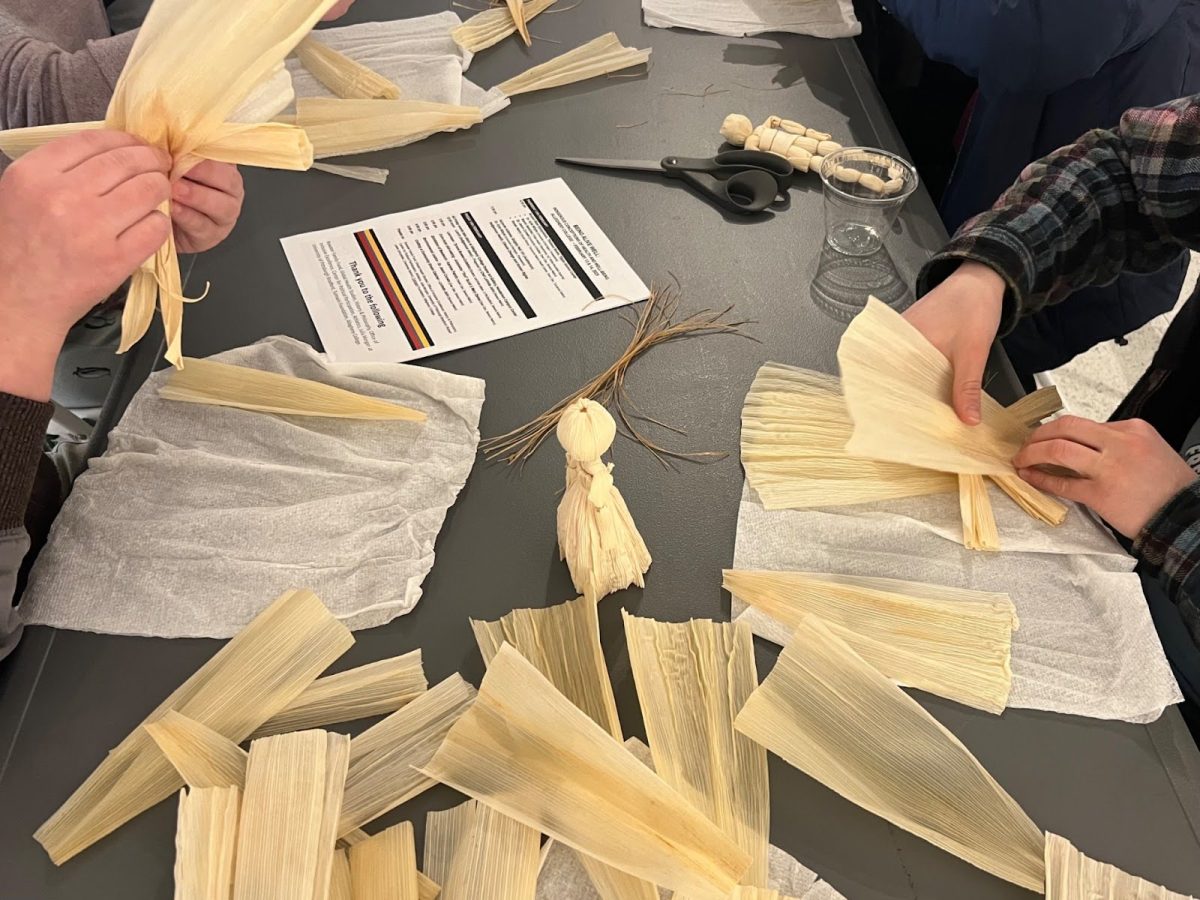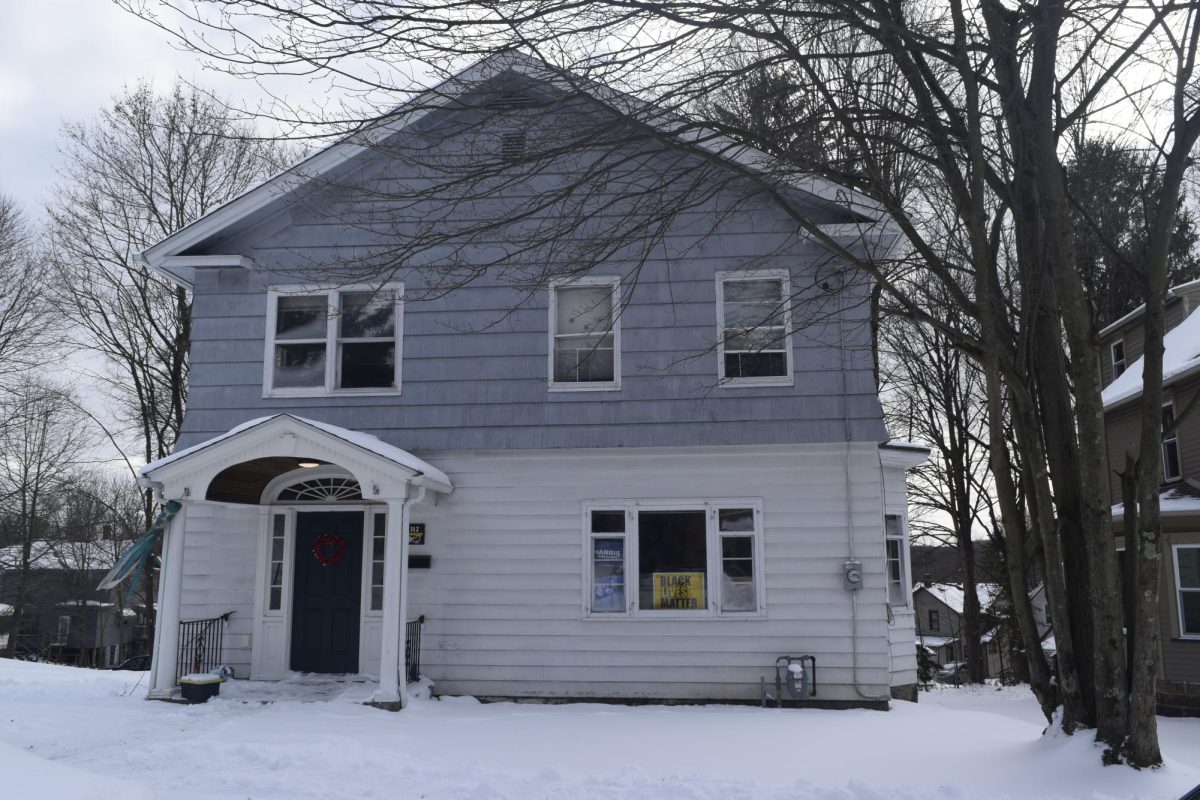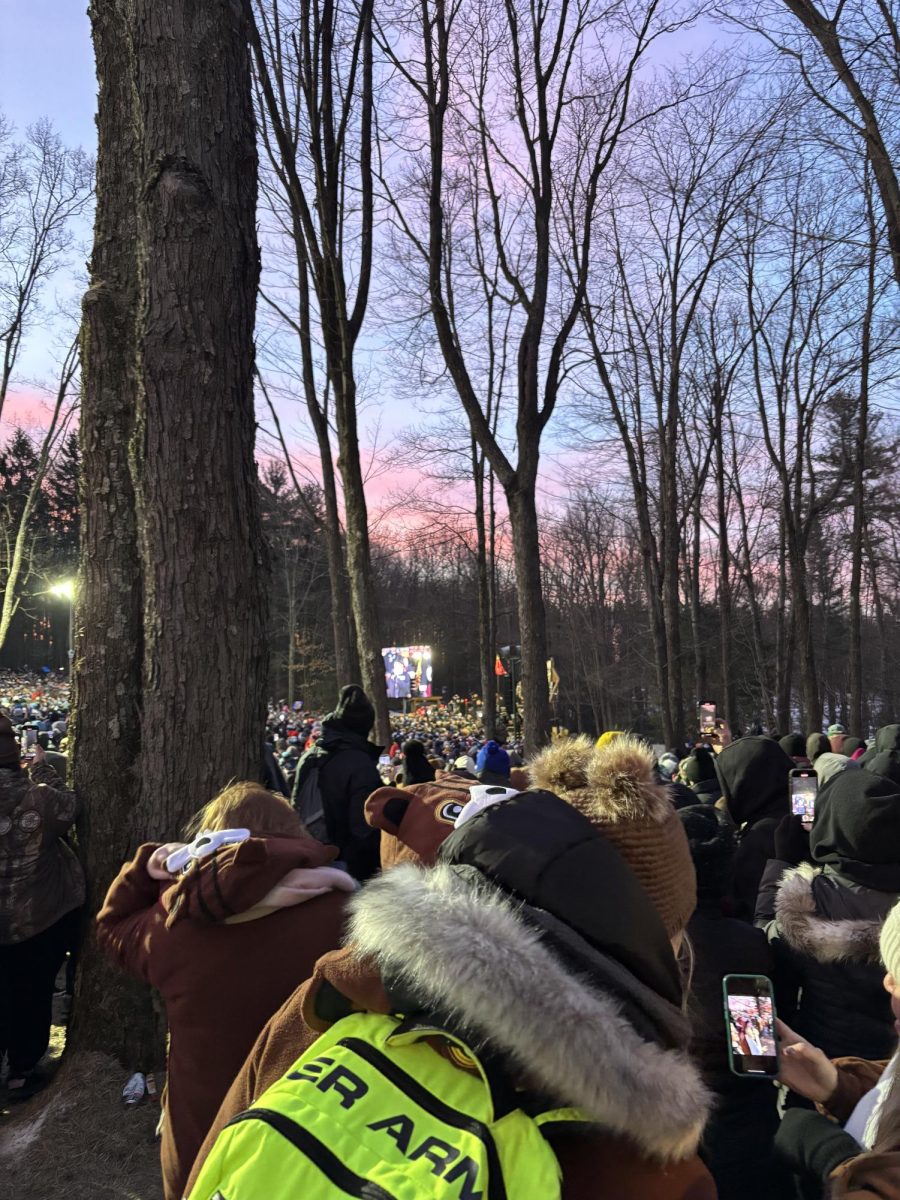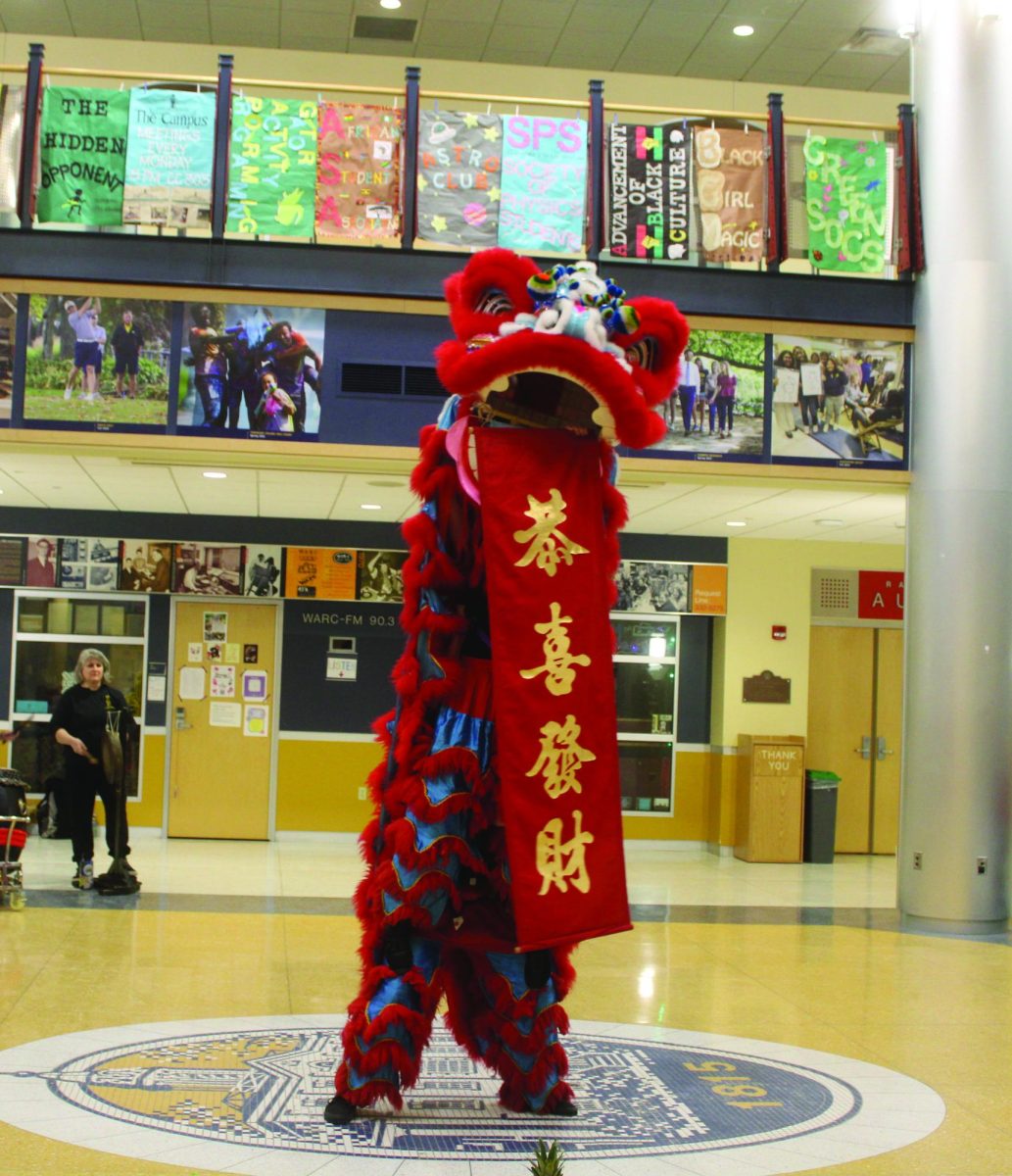By ANGELA MAURONI
Co-Features Editor
Lawyer turned filmmaker Dawn Porter recently spent three and half years traveling through the southern United States to film a documentary about defendant representation in court systems. The completed documentary, titled Gideon’s Army, was presented at a screening, speech and Q&A session with Porter, who directed and produced it, as a part of Allegheny’s Year of Civil Rights.
Associate Dean Kazi Joshua believes that the showing the documentary contributes a lot to the Year of Civil Rights.
“Gideon’s Army provided an opportunity to focus on the justice system and how it intersects with race and class,” Joshua said. He went on to add, “It also helped us see that individuals can make a difference, even in a system that is imperfect. In this case, it showed there is still a lot to do to secure justice for all. Students have been inspired and are now asking how can they make a difference?”
Named after the famous Supreme Court case Gideon v. Wainright, Gideon’s Army exposes the struggles and issues still alive in states’ attempts to abide by the sixth amendment and provide legal counsel to defendants who can’t afford to pay for their own.
This documentary follows three newly trained public defenders in the deep south as they struggle to perform their job to its necessary extent. The focus on only three lawyers gives deeper insight into the stress and emotional turmoil they face on a daily basis.
One of the most challenging parts about a public defender’s job is the fact that they are often defending guilty parties. Brandy Alexander, one of the public defenders that the documentary follows, tells the story of a defendant she supported with all she had only to find out that he was plotting her murder. Another case that took a heavy toll on her was the defense of a man who raped his twelve-year-old daughter and bragged about it to her. A public defender’s job is to make sure that everyone has a fair trial, no matter their crime, and Alexander was obligated to defend both parties to the best of her ability.
Why defend these people? According to Brett Willis, a senior public defender and speaker in the documentary, public defenders are asked this question all the time.
“It’s about the sanctity of human liberty and the cost if you want to take it,” Willis answered.
Although some cases become emotionally taxing because of the pressure to defend people the lawyers are disgusted by, other cases put a strain on them because they are for young people or those who the defenders do not believe are guilty or deserve to be convicted. Many are those who can’t benefit from the same programs as others because they can’t afford to do so, such as one individual who could have qualified for a program to help him if he had been able to pay his bail.
As though the struggle of each individual case weren’t enough, Alexander, who was working with more than 180 clients at the same time, became so stressed with the enormity of the task that she began losing hair and collapsed in the courtroom.
The number of clients Alexander was required to help is not uncommon, Porter said. In her speech following the documentary, she explained that, in Florida, one public defender was loaded with more than 900 clients at once.
Even some of the most dedicated defenders can end up quitting in their first year because of the long hours, high stress and low pay. Porter’s documentary forces one to wonder how the public defenders can possibly give the necessary attention to each case when faced with such staggering amounts of them at once, especially as they struggle to support themselves on their inadequate pay.
Although many quit the job, some of the ones who stay become all the more passionate about what they do. Travis Williams, another of the public defenders Porter followed, takes his job so seriously that he vowed to have the last name of every case that he loses tattooed on his back.
“To me, public defenders are patriots,” said Porter during her speech.
It’s hard to argue with her after her startling statistics showing that, of the 12.4 million people arrested each year, 80 percent rely on a public defender. Another statistic showed that the system puts so much pressure on defendants to plead guilty that 95 percent of those committed for felonies are convicted through plea bargaining, with only 5 percent actually going to trial.
Student Sydney Fernandez, ’17, felt very impassioned by the film.
“The fight for civil rights is not over and these lawyers help defend poor people from being unfairly captured by the corrupt judicial system. They fight for the rights of people who are cast aside to their low status in society,” said Fernandez.
Artist in residence Steve Prince was able to relate to the film.
“I’m from Louisiana, and I’m familiar with the disparities they talked about,” Prince said.
The unequal opportunities discussed in the film were well supported by Porter’s speech, in which she reasoned that prosecutors have more state funding and they have the police force to do their investigating, whereas public defenders do almost everything themselves for however many clients they are tasked with.
Gideon’s Army, being such a strong display of the modern court systems in action, leaves audiences to contemplate our states’ representation of indigents, and if our constitutional rights are being upheld.






